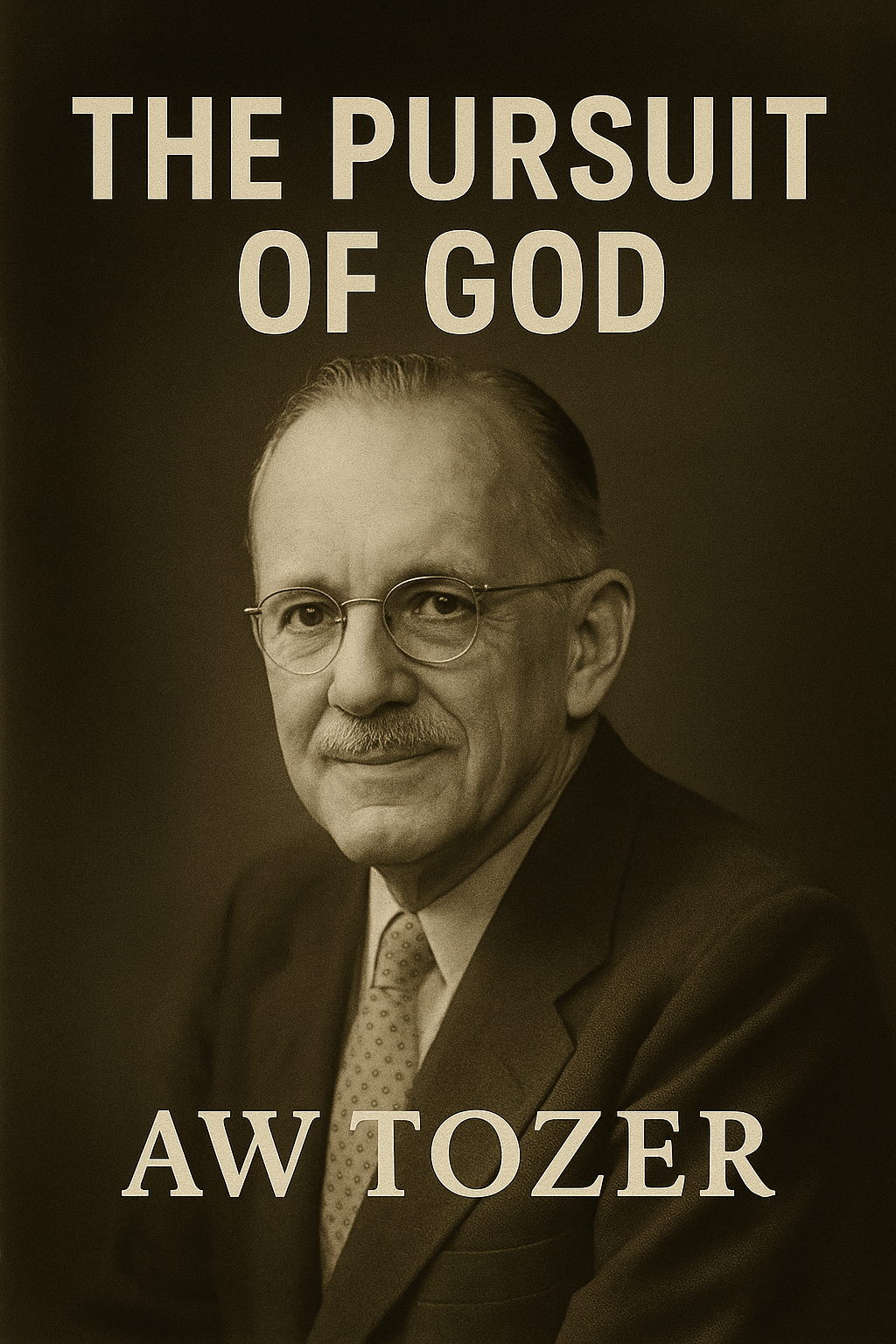
Contents
Chapter 9: Meekness and Rest
The world lives in open contradiction to the Beatitudes. Where Jesus praised meekness, the world celebrates pride, ambition, and dominance. Humility is seen as weakness, and the quiet soul is quickly forgotten. Even among those who claim to follow Christ, meekness is misunderstood or ignored entirely.
Jesus not only praised meekness — He embodied it. His invitation, "Come to Me... I am meek and lowly in heart, and you will find rest," wasn't poetic metaphor. He meant it. The rest He offers is not external ease, but the deep release that comes when we no longer have to fight for our own image or defend our fragile egos.
The burdens we carry are mostly self-made and inward. Pride is one of the heaviest. The constant effort to preserve our reputation, the worry over what others think, the fear of being slighted — all of this wears down the soul. Pride makes us miserable. We crave approval, react to every criticism, compare ourselves endlessly, and burn with envy at others' success. As long as we keep building our identity on how others perceive us, we'll never know rest.
Jesus offers us a better way: the rest of meekness. The meek person is free from the need to compete, to impress, to defend. He has accepted God's verdict — that he is nothing in himself but dearly loved in Christ — and so he is no longer shaken by the world's applause or contempt. He knows that in God's eyes, he is seen and treasured. He doesn't have to win. He doesn't even have to be noticed. He has rest.
This meekness is not weakness. It is strength turned inward, peace that no insult can break. The meek man is not naive about himself — he simply doesn't care what the world thinks anymore. He rests in God's opinion alone.
Another burden is pretense. Many live in fear that others might see behind their carefully polished mask. We posture, boast, and exaggerate, terrified that our inner poverty will be revealed. It's exhausting. We spend our lives trying to appear better than we are — more cultured, more intelligent, more successful. This burden crushes the soul over time.
Jesus tells us to become like children again. Children don't compare. They don't calculate status. They receive joy directly from what they have. But as we grow up, we lose that freedom. We start measuring ourselves against others, and we become ashamed of what we lack. Meekness returns us to the simple joy of being known and loved by God, no more and no less.
Artificiality is yet another burden. It drives us to pretend — to perform — because we fear being ordinary. We smile while hiding emptiness. We act clever while feeling dull. We present ourselves as experts while fearing exposure. Even religion can become part of the act. But the soul cannot thrive in such a lie.
Jesus sets us free from this pressure. When we bow before His meekness, we find rest from the need to be impressive. We learn to be ourselves — imperfect, sincere, and beloved. We are no longer consumed by appearances. We stop playing a role and begin to live.
The meek are those who have given up the exhausting work of maintaining an image. They rest in being truly themselves before God. They are content to wait for the day when real worth is revealed, when God weighs things truly. Until then, they walk in quiet peace, defended not by argument, but by God Himself.
Meekness brings a rest that no logic can manufacture. We can't reason our way into this peace. We can only enter it by surrender — surrender of pride, image, comparison, fear. Jesus shares this rest with those who share His yoke. He walks beside us, bearing the weight, whispering peace to our striving hearts.
Lord, make me childlike.
Deliver me from the urge to compete for place or prestige.
I would be simple and sincere like a little child.
Free me from all pretending.
Forgive my obsession with myself.
Help me forget myself and find my peace in beholding You.
I humble myself before You.
Lay on me Your easy yoke of self-forgetfulness
so I may truly rest. Amen.